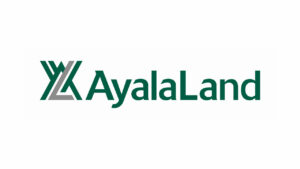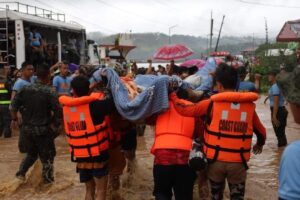World Bank: More than half of Filipinos have bank accounts

MORE Filipinos opened their own bank accounts at the end of last year, as many of them were forced to pay for services online amid a coronavirus pandemic.
“The digital revolution has catalyzed increases in the access and use of financial services across the world, transforming ways in which people make and receive payments, borrow, and save,” World Bank Group President David Malpass said in a statement on Wednesday.
Based on the multilateral bank’s Global Findex 2021 database, 51% of Filipinos now have bank accounts, up from 34% in 2017.
Globally, 76 % of adults had an account at a financial institution or through a mobile money provider in 2021, up from 68% in 2017 and 51% in 2011.
“The pandemic has also led to an increased use of digital payments,” according to the World Bank report. “In low and middle-income economies (excluding China), over 40% of adults who made merchant in-store or online payments using a card, phone, or the internet did so for the first time since the start of the pandemic.”
But there are still gaps in financial services for underserved sectors such as women, the poor and less educated, it said.
In the Philippines, even if account ownership had grown significantly in the past decade, 57% of unbanked adults found opening accounts too expensive.
About 41% of Filipino workers in the private sector got their salaries through a payroll account, according to the report. The rest got their wages in cash and through other methods.
“In Cambodia and the Philippines, about 20% of unbanked adults — or about 10% of all adults — received government transfer payments in cash,” according to the report. “More than 80% of the unbanked receiving such payments in these economies have a mobile phone.”
Meanwhile, three of four Filipinos who bought something online paid for these in cash.
Globally, 78% of men and 74% of women had bank accounts.
“The growth or decline of the gender gap adheres to different patterns, depending on the economy,” according to the report. “No single set of circumstances drives gender equity in relation to account growth overall.”
About two of three Filipino adults were very worried about medical expenses, while more than half were worried about old age.
“Not surprisingly, poor adults worry more than higher-income adults about having enough money to pay monthly bills,” it added.
The Global Findex database, which surveyed how people in 123 economies use financial services throughout 2021, is produced by the World Bank every three years in collaboration with Gallup, Inc.
It is a comprehensive data set on how adults save, borrow, make payments, and manage risk.
The interviews in the Philippines were conducted from Sept. 20 to Nov. 15, 2021, with one thousand interviews conducted through calls.
The 2021 edition was authored and led by Asli Demirgüç-Kunt, Leora Klapper, Dorothe Singer, and Saniya Ansar. — Keisha B. Ta-asan




